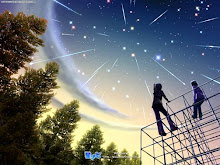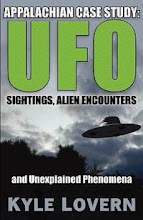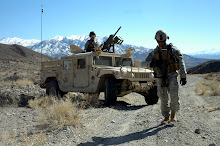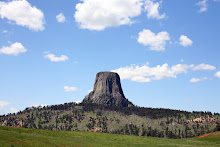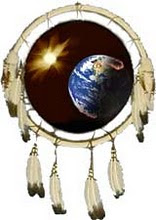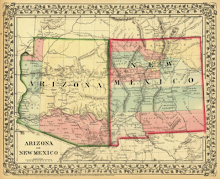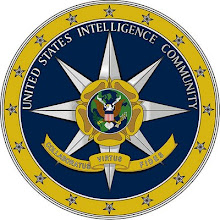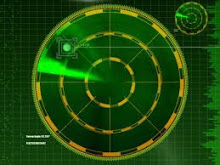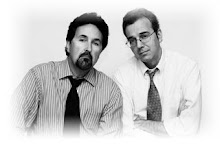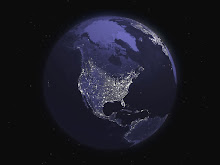Saturday, October 30, 2010
New book ‘A.D. After Disclosure’ – adjusting to UFO truths and realities
By Steve Hammons
Can we handle the truth about UFOs? And what exactly are those truths? What are the impacts on societies, the international community, humanity and planet Earth? What adjustments will be needed and made?
These are just a few of the questions explored in the newly-published book A.D. After Disclosure: The People's Guide to Life After Contact by Richard M. Dolan and Bryce Zabel.
According to an Oct. 21 press release, the book is "speculative non-fiction" and "confronts all the disturbing challenges facing government, science, religion, media, culture, law, education, and politics once the denials end. How do we cope with the reality that we are not alone?"
The book examines various scenarios that could occur, and probably will, regarding increased transparency during and after events and processes related to the UFO phenomena.
Since it is widely suspected, or has already been determined, that some UFOs are advanced spacecraft from "elsewhere," who are they, what are they doing and what do they want? How have government officials been handling the situation and what will their position be going forward?
The press release states that the book, "combines meticulous fact-finding from historian/researcher Richard M. Dolan and journalist/screenwriter Bryce Zabel to confront seven decades of secrecy on the world’s most revolutionary subject."
The authors predict a radically changed worldview after official acknowledgment that at least some UFOs are intelligently-controlled physical craft from somewhere besides Earth.
TIPPING POINT
Our worldview may indeed change, but how will our day-to-day lives be affected? There will obviously be significant updates to our science textbooks for kids and college students. Our spiritual views could certainly also could be a factor.
And, as apparently has been the case for decades, our defense and intelligence communities will continue to fulfill an important role.
The two authors have robust backgrounds that make them uniquely qualified to tackle this complex and fascinating subject. Dolan is a respected historian, researcher and speaker who wrote the pioneering historical book series UFOs and the National Security State. Zabel is a former CNN journalist who became a Hollywood writer and producer, and also served as chairman of the TV Academy.
Zabel created five primetime network series including the UFO-related "Dark Skies" series that aired on NBC and won the 2008 Writers Guild screenwriting award. A "Dark Skies" DVD set was recently released in the UK and special-edition DVD set is due for release in the U.S. soon.
The authors have created a website, AfterDisclosure.com, filled with essays and insight from experts in the field and abundant information about related research.
Dolan's Keyhole Publishing released the hardcover book Oct. 25. It will also be available as an e-book. Zabel's Stellar Productions has movie and TV rights.
A.D. After Disclosure envisions a tipping point when the process of public disclosure makes the transition to open announcements and acknowledgments about at least some of what is known about UFOs.
And what would trigger such a tipping point? The authors explore several possible factors that are probably in play right now.
When more information does begin to surface publicly, the range of elements involved could be quite broad, the authors indicate. Various aspects of society, government, media and science would make significant adjustments – as will individuals, families, communities and societies.
PREPAREDNESS MANUAL
A.D. After Disclosure provides a manual of sorts to examine and consider what we might be wise to prepare for. Our readiness to deal with the new information and greater understanding about these sensitive and complex issues will be key in successful adjustment to more openness on this topic.
In fact, if the speculation is true about a decades-long process of acclimation to get us ready, our psychological and emotional readiness is an important consideration in more disclosure.
This new book will surely help the preparedness process and move the ball forward toward greater public knowledge about the situation.
The authors seem to feel that more disclosure is inevitable. They are probably correct. The elements they examine include how it might occur, what government officials might say – or not say – on the TV news and what the full scope of effects on humanity will be.
What new technologies could emerge? Those exotic devices and technological knowledge our defense and intelligence communities may have already acquired could be released into the pipeline to better benefit all of us.
Low-cost and nonpolluting energy sources may be available. Advances in medical science could heal the injured and cure the sick. We could experience greater prosperity, peace and happiness on many levels around the world.
But is there a downside? In part, this goes back to the question of who are these "others," as Dolan and Zabel call them, who apparently are engaged in some kind of activities involving Earth and the human race?
Is there more than one type? Which are friendly or hostile?
Like our human international challenges, this might be difficult to sort out and our defense and intelligence communities may still have a big job in front of them.
Another concern relates to other kinds of negative impacts on human culture. Would we humans think less of ourselves in the face of other intelligent beings who are far more advanced in several ways? Would some people kowtow and worship visiting beings in some kind of unhealthy cult-like way? What does the human race bring to the table?
And, what is the deep history of the situation? Did this just begin in the World War II era or has it been going on for centuries and in many cultures? For example, is there some particular link to Native American Indian history that we should investigate?
Readers of A.D. After Disclosure will encounter these questions and many more. Plenty of answers are also provided in the book ... at least tentative and reasonably probable and possible answers are presented.
Readers can consider the very-educated guesses and speculation from Dolan and Zabel and make up their own minds.































